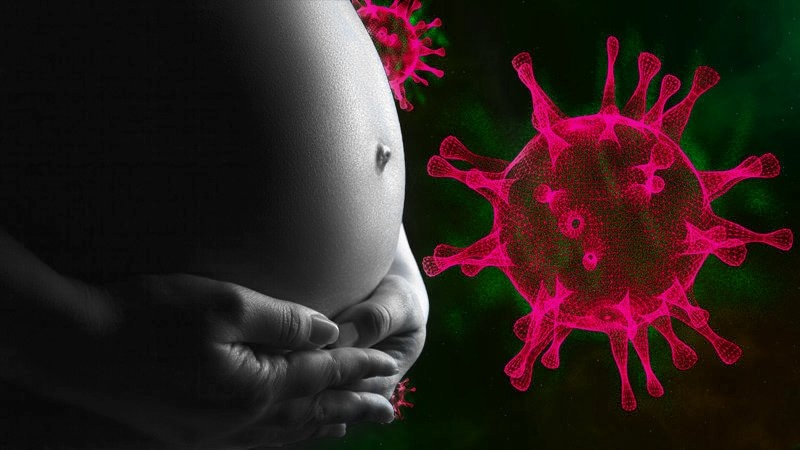COVID-19 during pregnancy increases major health risks: Study
18 January, 2023 | Pragati Singh

According to a new study published in the journal BMJ Global Health, pregnant women infected with the virus that causes COVID-19 have a 7-fold greater risk of dying and a significantly increased ri...
According to a new study published in the journal BMJ Global Health, pregnant women infected with the virus that causes COVID-19 have a 7-fold greater risk of dying and a significantly increased risk of being hospitalised to an intensive care unit or developing pneumonia. The study also found that taking COVID-19 during pregnancy increases the likelihood that the newborn may need to be hospitalised to critical care.
“This study provides the most comprehensive evidence to date suggesting that COVID-19 is a threat during pregnancy,” Emily R. Smith, an assistant professor of global health at the George Washington University Milken Institute School of Public Health and lead author of the study, said. “Our findings underscore the importance of COVID-19 vaccination for all women of childbearing age.” Despite growing knowledge about the risks of COVID-19 during pregnancy, many women of childbearing age in the United States and other countries remain unvaccinated. In some cases, women hesitate or refuse to get the vaccine or booster shot because they don’t think COVID-19 poses risks to young women or they feel unsure about the safety of the vaccine during pregnancy. Even some doctors may hesitate to give the vaccine to a pregnant woman, Smith says, even though it is recommended.
Smith and her colleagues pooled individual patient data from 12 studies conducted in 12 countries, including the United States, involving more than 13,000 pregnant women.
The researchers found that compared to uninfected pregnant women, pregnant women with COVID-19 infection were at:
– Seven times higher risk of dying during pregnancy or childbirth.
– More than three times greater risk of being admitted to the intensive care unit. People with COVID-19 who need ICU care are also more likely to die.
– About 15 times higher risk of needing ventilator treatment. COVID-19 can affect the ability to breathe and in severe cases patients need mechanical ventilation in order to survive.
– About 23 times higher risk of developing pneumonia, a potentially life threatening complication of COVID-19.
– More than 5 times higher risk of thromboembolic disease, or blood clots, that can cause pain, swelling, or other life-threatening complications.
Neonates born to women who were infected with COVID-19 were almost twice as likely to be admitted to a neonatal intensive care unit after birth. They were also at higher risk of being born prematurely. Preterm babies are at high risk of having lifelong health problems including delays in early childhood cognitive development, Smith said.
Despite the very serious health risks, more than 80 countries still do not recommend that all pregnant and lactating women get the COVID vaccine, Smith points out. While it was hard to put together the evidence in the past, this meta analysis provides public health officials and the public with clear, consistent and compelling findings, she adds.
“This study shows the risk of getting COVID-19 for both mother and baby,” Smith said. “All countries, including the United States, should make access to COVID vaccines an urgent priority in order to save lives and prevent health problems.”










